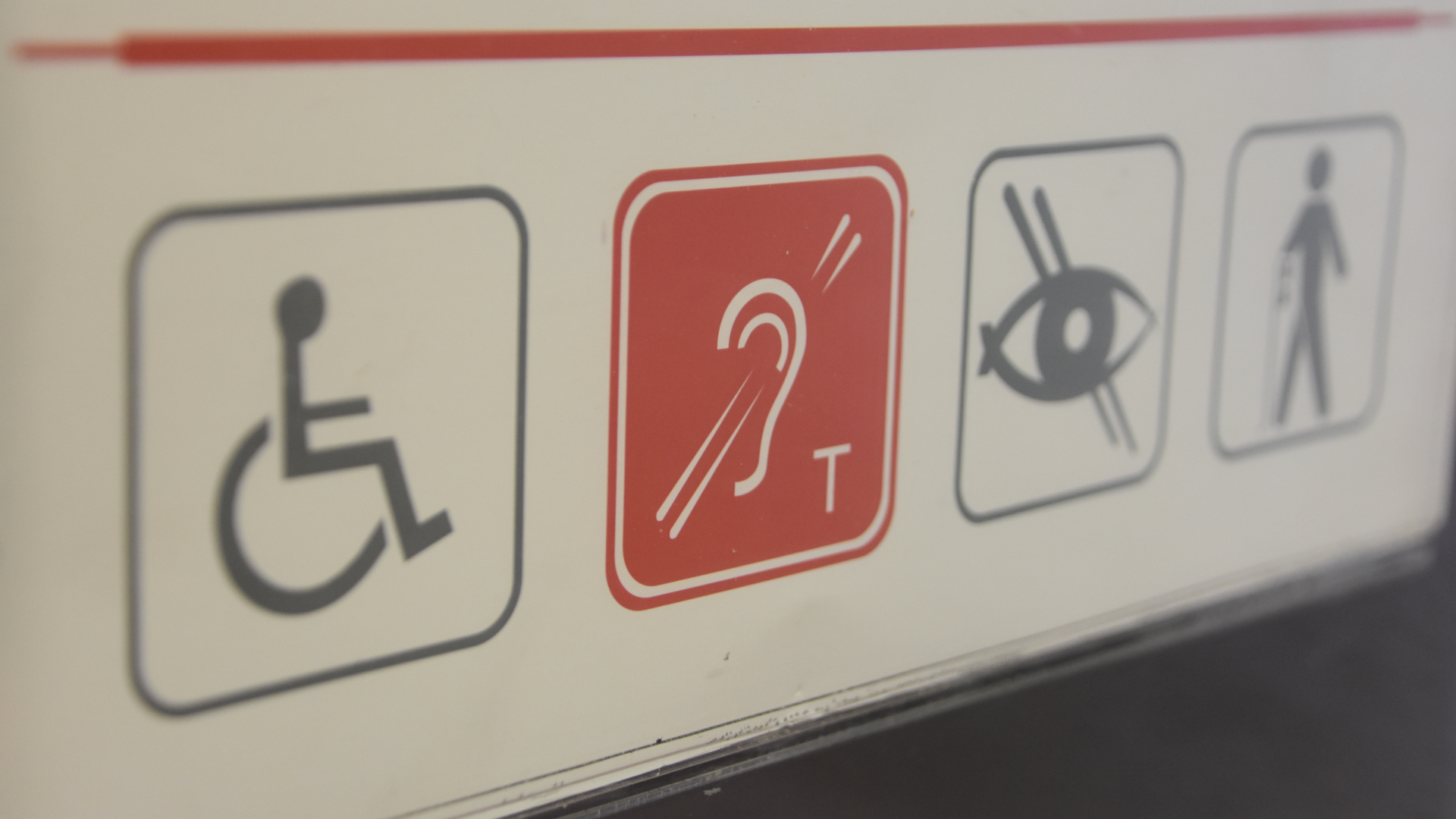Mental Health and Disability Representation
July marks Disability Pride Month, a time dedicated to honoring and celebrating the diversity, achievements, and contributions of the disability community. This month is not just about raising awareness but also about fostering a sense of pride, solidarity, and inclusion. Understanding the connection between disability and mental health is important. Remember that mental well-being is necessary for a happy and empowered life.
History of Disability Pride Month
Disability Pride Month commemorates the passing of the Americans with Disabilities Act (ADA) on July 26, 1990. The ADA was a groundbreaking piece of legislation. It prohibits discrimination against individuals with disabilities in various areas of public life, including employment, transportation, and public accommodations. This historic law paved the way for greater accessibility and equality, empowering millions of individuals with disabilities to lead more independent and fulfilling lives.
Disability Pride Month serves as an opportunity to:
Celebrate Diversity: Disabilities come in many forms, including physical, sensory, cognitive, and mental health conditions. This month, we celebrate the rich diversity within the disability community and recognize that each individual's experiences and contributions are unique and valuable.

Raise Awareness: Education and awareness are key to breaking down societal barriers and misconceptions about disabilities. By sharing stories, experiences, and information, we can foster greater understanding and empathy.
Promote Inclusion: Creating environments where everyone, regardless of their abilities, feels valued, respected, and supported, defines inclusion. This involves not only physical accessibility but also changes in attitudes and policy reforms.
Media Representation and Beauty Standards
Positive Examples:
"The Peanut Butter Falcon": This heartwarming film features Zack Gottsagen, an actor with Down syndrome, in a leading role. The movie portrays his character's journey to fulfill his dreams, challenging stereotypes.
Ali Stroker: Ali, a wheelchair user, won a Tony Award for her role in the Broadway musical "Oklahoma!" Her talent and visibility break down barriers in the entertainment industry.
Media representation shapes how society views disabilities. Positive portrayals challenge stereotypes and foster empathy. When disabled characters are multidimensional and authentic, it promotes acceptance and understanding. However, harmful stereotypes perpetuate misconceptions and hinder progress.
The Intersection of Disability and Mental Health
Mental health is important for overall well-being and is crucial for people with disabilities. It's important to acknowledge that:
Mental Health Conditions are Disabilities: Mental health conditions, such as depression, anxiety, bipolar disorder, and PTSD, are recognized as disabilities under the ADA. They can impact an individual's daily functioning and quality of life, just like any other disability.
Dual Experiences: Many people with physical disabilities also experience mental health challenges. Living in a world that may not always be supportive can impact mental health. Disabilities can bring stigma and loneliness. These factors can contribute to mental health challenges.
Stigma and Misconceptions: Mental health conditions are often misunderstood and stigmatized. People who have physical disabilities and mental health conditions may experience additional stigma. This can make it more difficult for them to access the support they require.
Promoting Mental Health and Well-Being
As we celebrate Disability Pride Month, it's essential to prioritize mental health and well-being within the disability community. Here are some ways to promote mental health:
Encourage Open Conversations: Create safe spaces where individuals can talk openly about their mental health experiences without fear of judgment. Encouraging dialogue helps to reduce stigma and fosters a sense of community and support.
Access to Mental Health Services: Ensure that mental health services are accessible to all, including those with disabilities. This includes providing accommodations such as sign language interpreters, accessible transportation, and telehealth options.
Self-Care and Coping Strategies: Promote self-care practices and coping strategies that can help manage stress and improve mental well-being. This might include mindfulness, exercise, creative outlets, and connecting with nature.
Advocacy and Policy Change: Advocate for policies that support mental health and disability rights. This includes pushing for better funding for mental health services, greater accessibility, and stronger anti-discrimination laws.

Celebrating Achievements and Building Community
Disability Pride Month is also a time to celebrate the achievements and contributions of individuals with disabilities. From artists and athletes to activists and entrepreneurs, people with disabilities are making significant impacts in every field. By highlighting these accomplishments, we can challenge stereotypes and inspire others.
Building a supportive and inclusive community is essential. Connecting with people who have gone through similar experiences can make you feel like you belong and receive support.
You can do this through local events, online forums, or social media. Connecting with others in this way can help you feel less alone and more understood. It can also provide you with a sense of community and validation.
Disability Pride Month is a powerful reminder of the resilience, strength, and diversity of the disability community. By embracing and celebrating this diversity, we can work towards a more inclusive and equitable society.
Let's remember how important mental health is as we work. Our goal should be to create environments where everyone can thrive physically and mentally. Together, we can build a world where disability pride is celebrated every day.
For more information on breaking stigmas and advocating awareness,
read our blog on Developmental Disability Awareness Month.
About the Author
Mariana Heyel, Communications Coordinator at Acenda, is a South Jersey native who ventured to the University of South Carolina for her undergraduate degree, where she studied Marketing and Entrepreneurial Management. Passionate about connection, good stories, and the importance of mental health in her life.
Sources:
Disability Pride Toolkit and Resource Guide
What is Disability Pride Month?
12 Ways to Celebrate Disability Pride Month